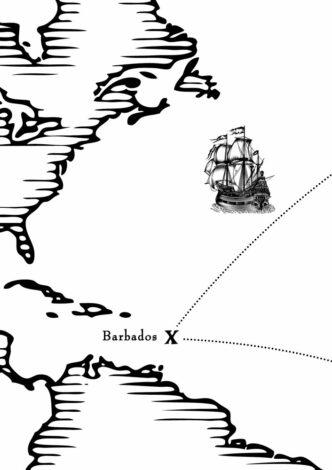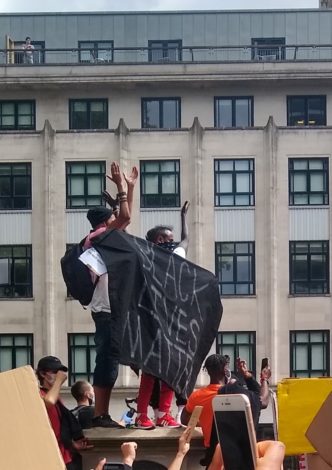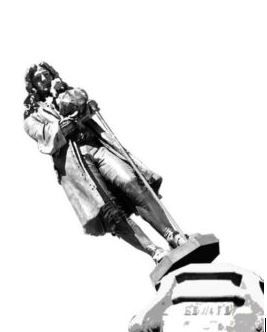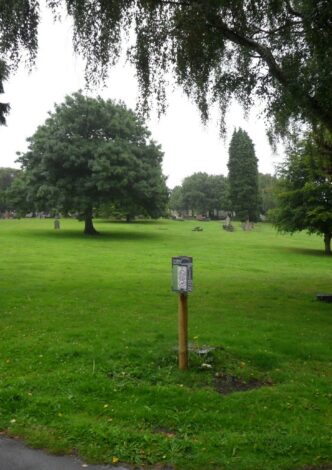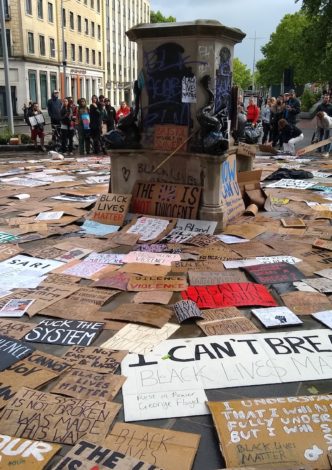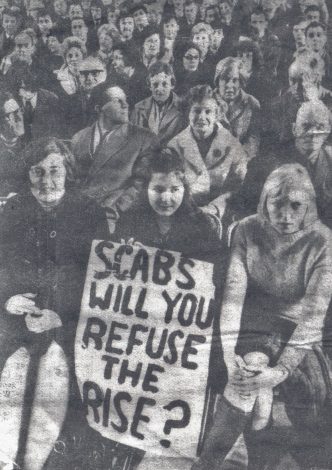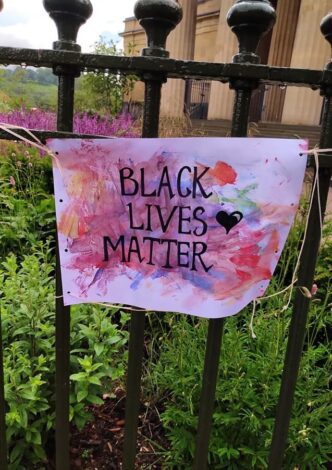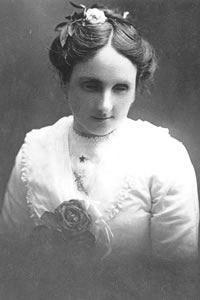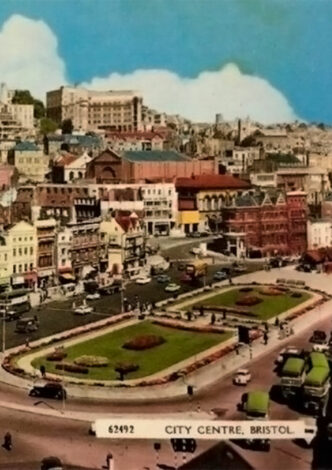Some insights into the lives of the crew onboard the slave ship Hannibal
An often overlooked but essential element of a slave ship, such as the Hannibal, was the requirement for a large crew in comparison to the number of sailors usually required to man ordinary merchant shipping. Sailors who were to work on slavers would be recruited by any means possible. For example, some men were offered the option by a magistrate or judge of going to prison, transportation, or work as crew on a slave ship. John Newton, author of The Journal of a Slave Trader, described his crew […]


